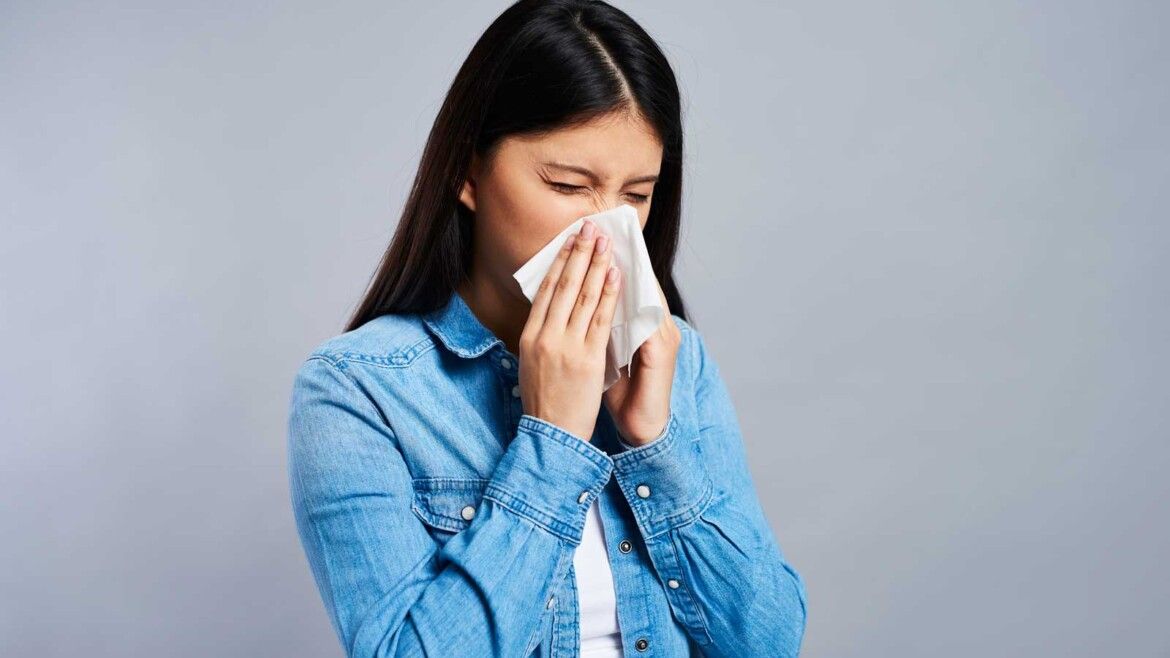An allergy is an immune system response to a foreign substance that’s not classically harmful to your body. These foreign substances are called allergens. They can include certain foods, pollen, or pet dander.
Our immune system’s work is to keep you healthy by fighting harmful pathogens. It does this by attacking anything it thinks could put your body in danger. Depending on the allergen, this response may involve inflammation, sneezing, or a host of other symptoms.
Symptoms of allergies
The symptoms you experience because of allergies are the result of several factors. These include the type of allergy you have and how severe the allergy is.
If you take any medication earlier an anticipated allergic response, you may still experience some of these signs, but they may be reduced.
Food allergies
Food allergies can trigger swelling, hives, nausea, fatigue, and more. It may take a while for a person to realize that they have a food allergy. If you have a serious reaction after a meal and you’re not sure why seek a medical professional immediately. They can find the exact cause of your reaction or refer you to a specialist.
Seasonal allergies
Hay fever indications can mimic those of a cold. They include congestion, runny nose, and swollen eyes. Most of the time, you can manage these symptoms at home using over-the-counter treatments.
Fever allergies
Severe allergies can cause anaphylaxis. This is a life-threatening emergency that can lead to breathing difficulties, light-headedness, and loss of consciousness. If you’re experiencing these symptoms after coming in contact with a possible allergen, seek medical help instantly.








